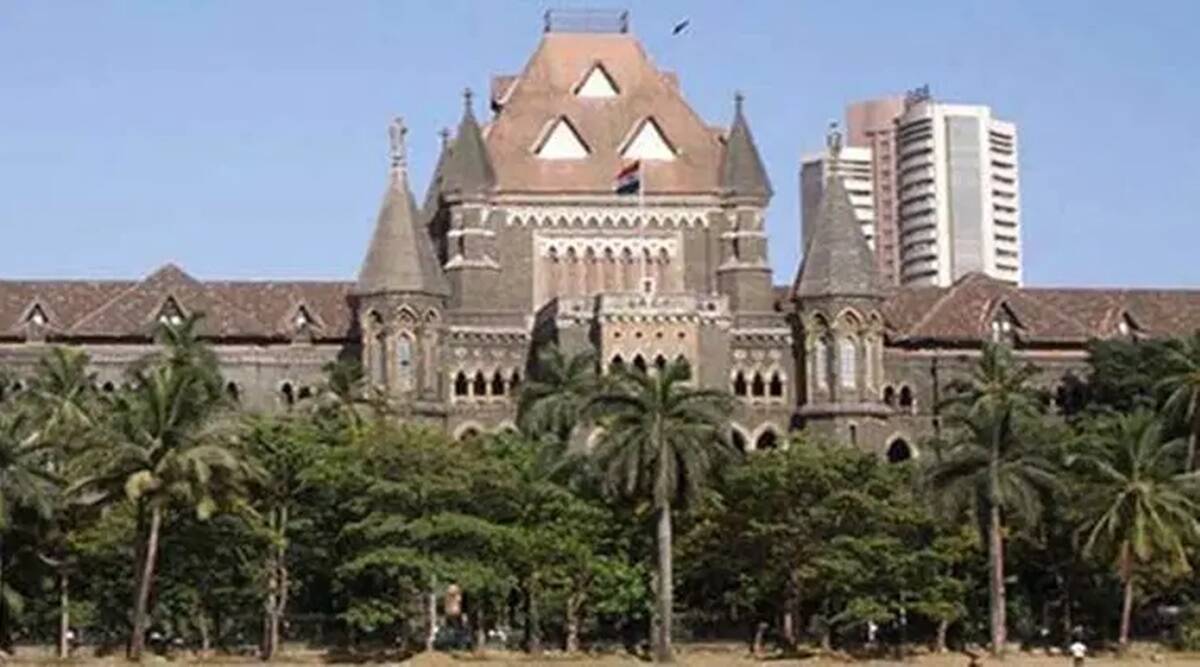The Bombay High Court had quashed and set aside the detention order passed by Pune Police Commissioner last November against the 28-year-old man and a social worker.
The Bombay High Court has recently held that the personal liberty of an individual is the most precious right guaranteed under the constitution and even though the state is empowered to put a restraint on it through preventive detention laws, “the power must be exercised after ensuring meticulous compliance of procedural safeguards”.
The HC also held that laws that authorise preventive detention cannot be resorted to as an “easy substitute” to deal with an “ordinary law and order” problem.
A division bench of Justices S S Shinde and N J Jamadar on June 22 made the observations while hearing a plea by one Shubham Hingade against a detention order under the Maharashtra Prevention of Dangerous Activities (MPDA) Act.
The court had quashed and set aside the detention order passed by Pune Police Commissioner last November against the 28-year-old man and a social worker.
The bench noted that there were two cases registered against Hingade at Chatushrungi police station under Arms Act, Maharashtra Police Act and Indian Penal Code for causing grievous hurt by use of a deadly weapon to a person.
During the inquiry, the police had found that Hingade and his associates had been committing offences and nobody from their locality was coming forward to lodge complaints or depose against the men due to “fear of retaliation”.
The Pune Police Commissioner had found it necessary to detain the Hingade to “prevent him from acting in a prejudicial manner to maintain public order” and the detention order was subsequently approved by the state government.
Advocate Kapil Rathor, appearing for Hingade, had submitted that offences against his client were based on personal animosity and not against the “public order”.
After perusing the submissions, the bench noted, “It is appropriate to consider the distinction between ‘public order’ and ‘law and order’.
Public order is something more than ordinary maintenance of law and order. A proper test to distinguish the two is whether the complained acts led to disturbance of the ordinary tempo of life of the community so as to amount to a disturbance of the public order or it merely affected an individual leaving the tranquillity of society undisturbed. The given act by itself may not be determinant of its own gravity.”
Hingade was granted bail in both cases.
Source: Read Full Article


